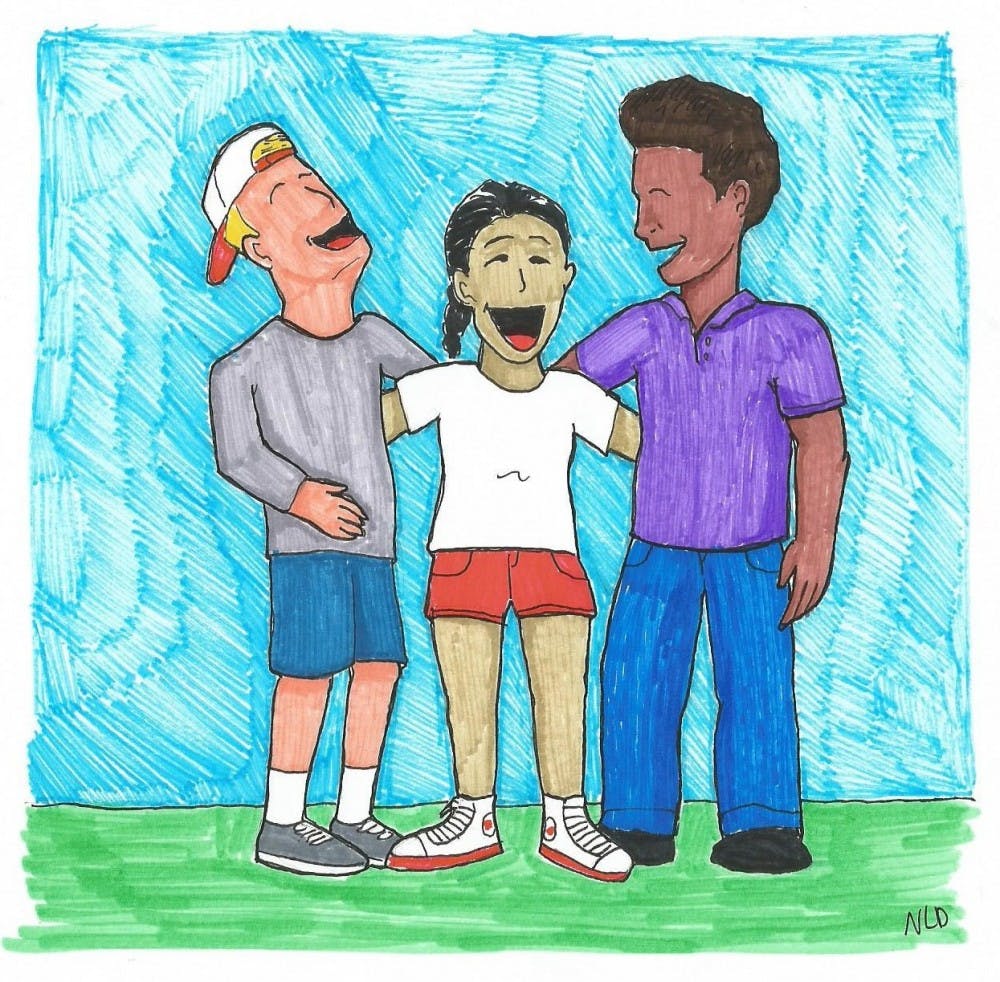You’ve survived the first week of classes. You’ve settled into your new room or house. Your posters are hung, your picture frames and your clothes are put away. You found your classrooms without getting too lost. You got your books, or at least ordered them on Amazon. You found a group of friends to eat dinner with. And you found the perfect study spot in the library. You’re ready for the semester… Or maybe you’re not.
Maybe your clothes are still in the suitcase, your books are still unordered, you missed one of your classes, and you’ve eaten most of your meals alone. Maybe you’re stressed about that upper-division Spanish class you decided to take. Maybe you’re worried about getting along with your new roommate. Maybe you’re a little homesick. Maybe you feel totally unprepared for the semester
Or maybe you’re some combination of both: prepared and not, a little stressed and worried and homesick but also a little excited.
That’s normal.
We’ve all been there. Sometimes you’re prepared for class, readings done, homework turned in on time and excited about the topic for lecture. And sometimes not. Sometimes you’re late to class, you didn’t shower and you forgot to read.
Sometimes you’ll have eight friends from your dorm to eat dinner with, and you’ll all walk to the Commons together and sit at one of the Jesus tables. And sometimes not. Sometimes you’ll walk to the Commons alone, grab your food to go and eat dinner in your room.
That’s OK. That’s normal.
Whether it’s homesickness, or the stress of your first exam, or dealing with new roommate tension—you don’t have to try and deal with it on your own.
Our University is a pretty supportive environment. There are so many resources we have at our disposal. We have academic resources: our system of academic advisers, the Shepard Academic Resource Center, the Office of Students with Disabilities, the Career Center, the Writing Center and Learning Assistance Counseling. We have physical, mental, emotional and psychological health resources: the Counseling and Health Center, Campus Ministry, Hall Directors, Resident Assistants, other faculty and staff. We have social support from our friends and peers, like members of programs like Green Dot or Active Minds who are actively trying to change the culture of our campus to be more supportive and inclusive.
We have all these opportunities to ask for help—but that doesn’t make it any easier.
Asking for help is hard.
There are so many internal and external barriers to asking for help. With a full course load, an internship and a job, sometimes even finding the time to call the Health Center to schedule an appointment can be a chore in and of itself. Not to mention the internal debate that ensues before you decide to call—Is this really a problem? Will people think something’s wrong with me because I can’t handle this on my own?
Even going through more informal channels can be a challenge. Sometimes friends don’t know what to say, or they might say the wrong thing. Sometimes we worry about burdening our friends with all our troubles. Sometimes we hide our true feelings from them, because we think it’ll be easier than actually talking about our problems.
Asking for help isn’t easy. But it’s worth it.
Meeting with your academic adviser can help relieve some of the stress of graduation. Telling your friend about your anxiety can make it a little more manageable. Talking to a counselor about your feelings of homesickness can help you find ways to cope.
Whatever the problem is that is weighing on you in this moment, sharing your load with someone else won’t break their back—but it will make your heart a little lighter. You don’t have to carry your burdens on your own—no one’s meant to live their life alone—we’re meant to live together.
We’re meant to share our loads.
We’re meant to help each other.
We’re meant to ask for help.









